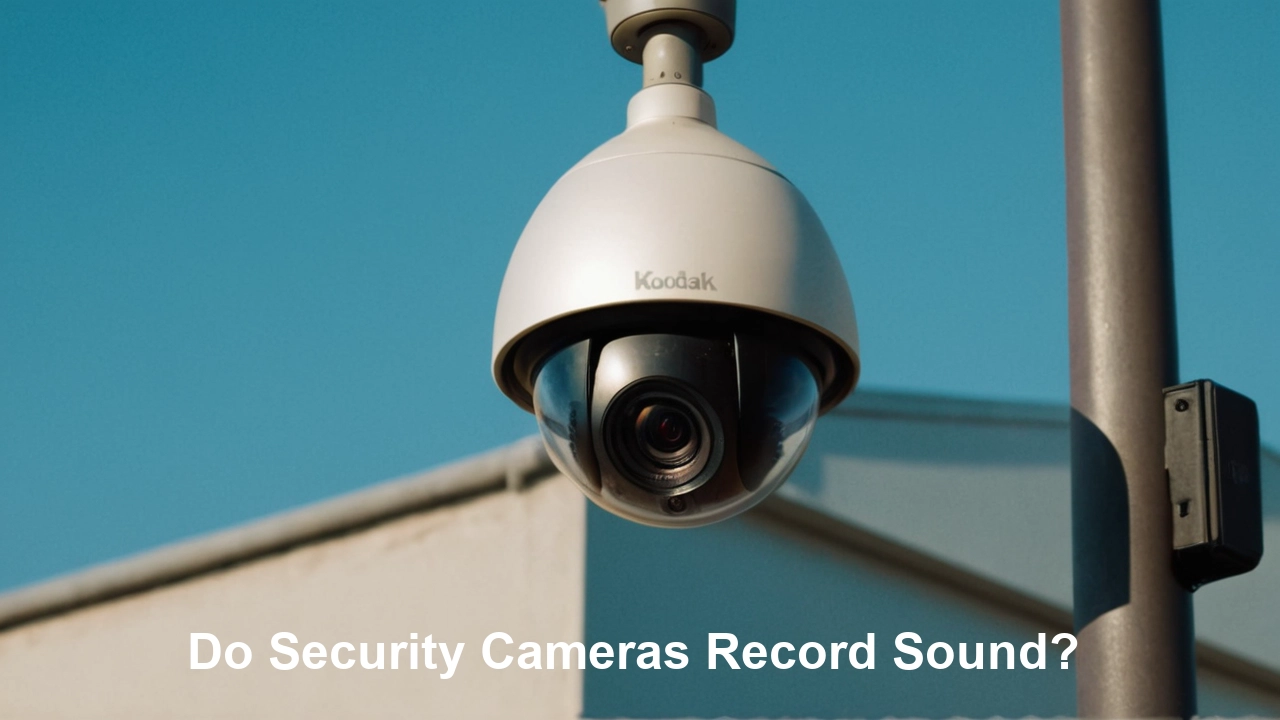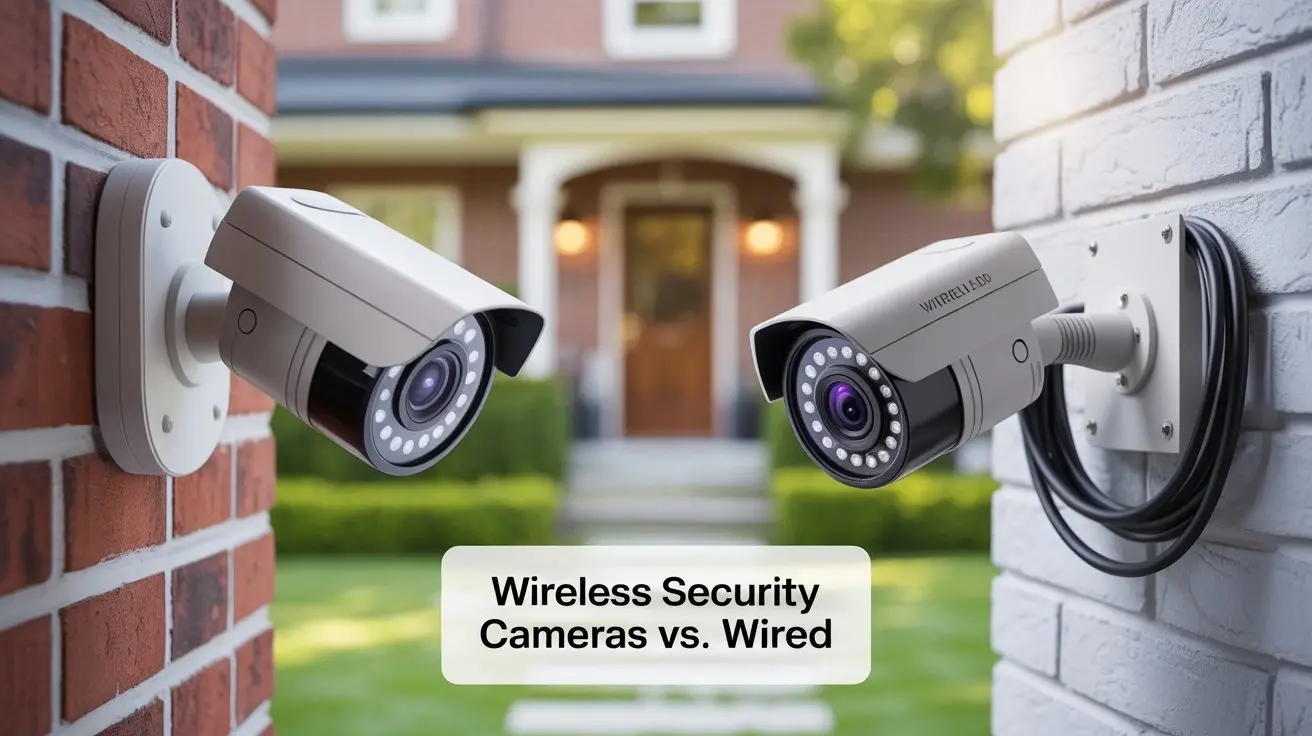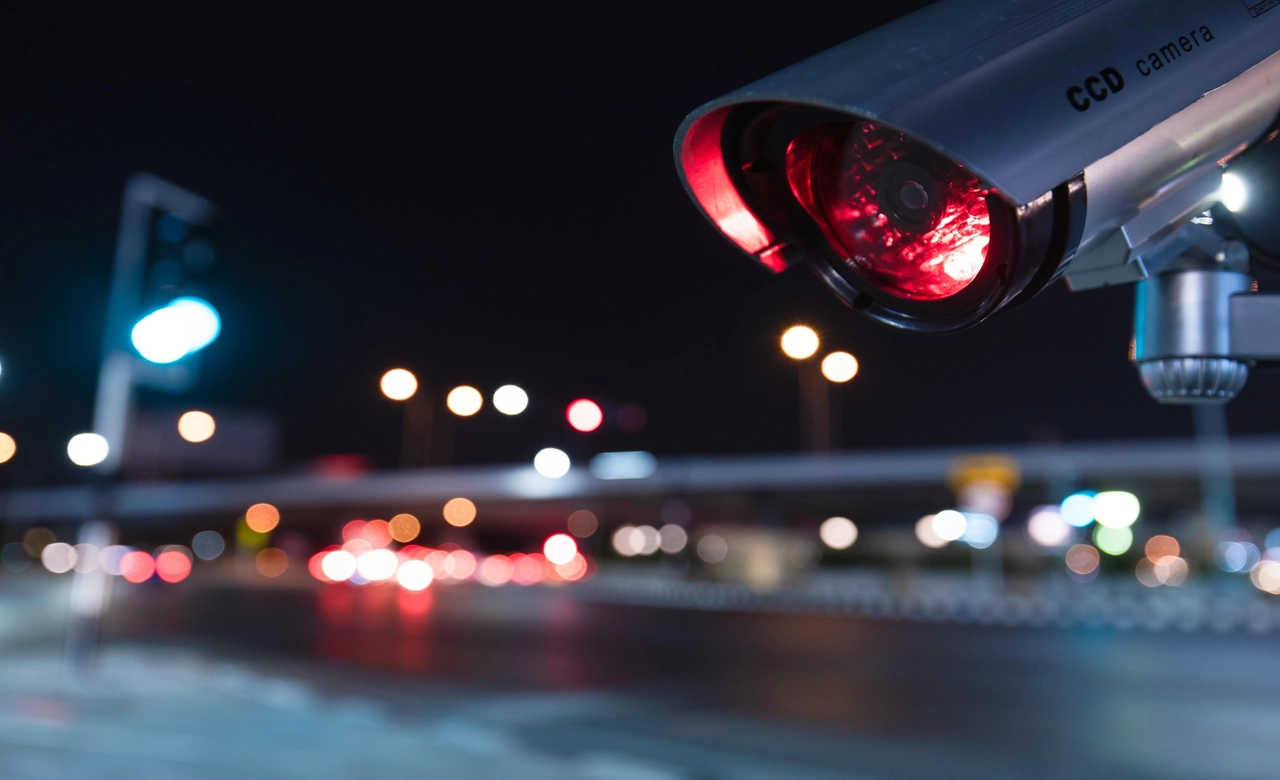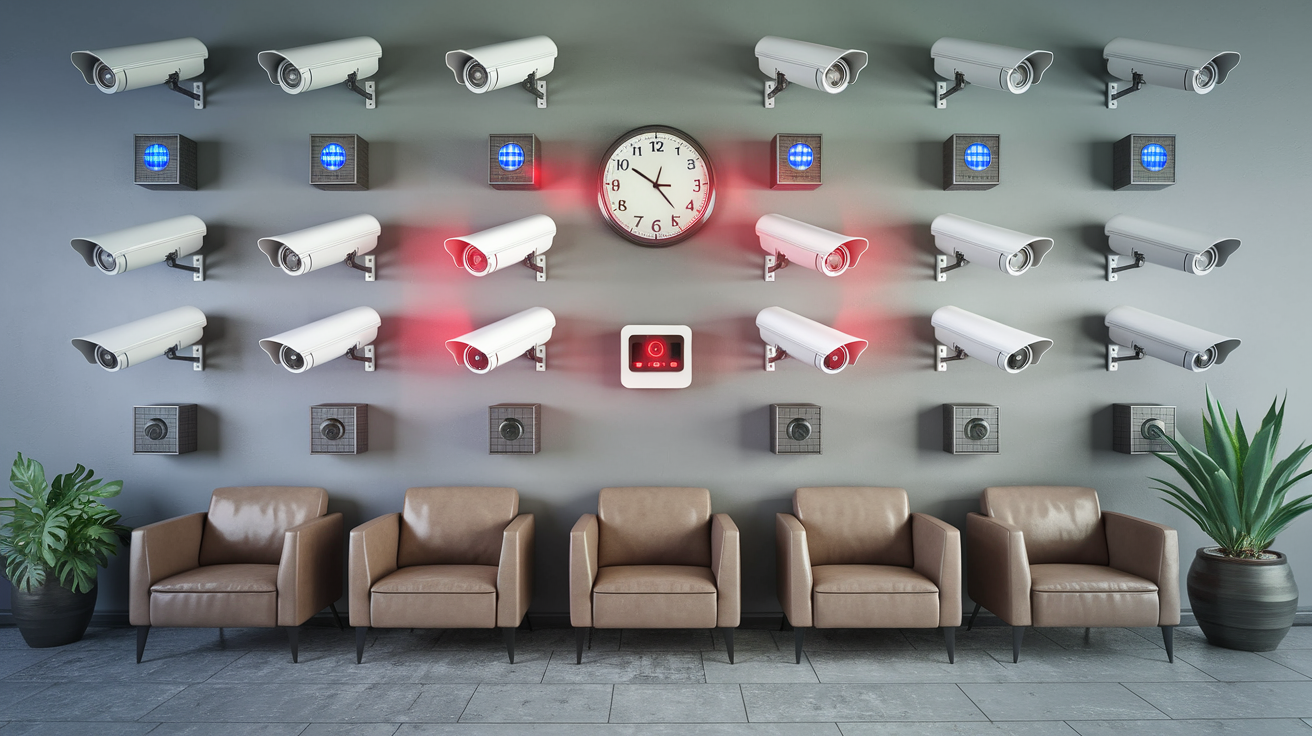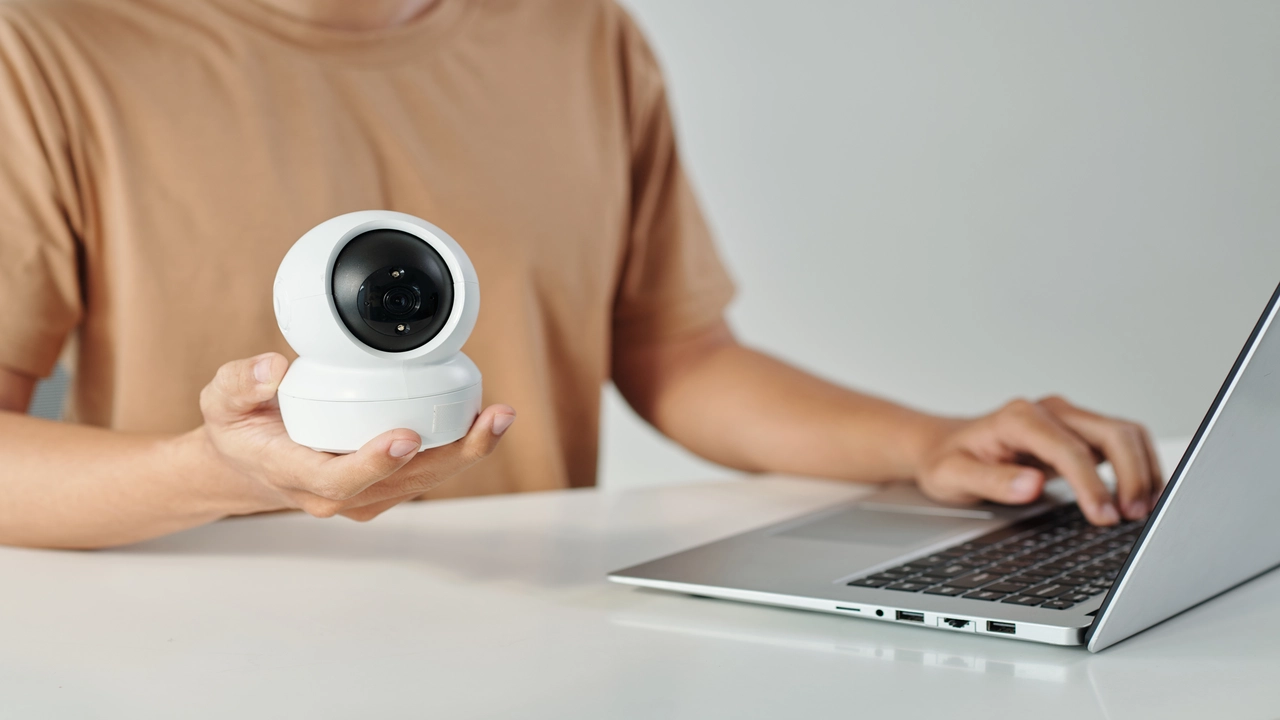Is Sound Recorded On Security Cameras?
CCTV cameras have become the order of the day today. Businesses and homeowners place surveillance camera systems on their premises to prevent theft and other unlawful activities. Security cameras act as evidence in case any mishap takes place. But do they also record sound?
The answer is maybe. It should be noted that some security cameras are equipped with microphones and can record not only video but also audio. But most basic security cameras do not possess this feature – they only record videos without sound. Now, let’s delve deeper into the question of whether security cameras record sound.
Basic Surveillance Cameras
The most familiar Home Security Systems are the closed-circuit television CCTV cameras. These cameras are available in wired as well as wireless models. They are comparatively cheaper and can be fitted in a short period.
CCTV cameras do not have any complex components, they only have a lens and an image sensor. They are not equipped with microphones. Therefore, conventional CCTV security systems only allow video surveillance and not voice recording. If for instance, audio evidence is crucial to your requirements then you would have to consider advanced camera models.
Specialty Security Cameras
Regarding audio capture, standard CCTV cameras do not have that ability, but there are special cameras equipped with microphones with sound recording capabilities. Two examples are
IP cameras – Internet protocol cameras are a better replacement for traditional analog closed-circuit television systems. Most IP camera models boast of imaging capabilities and audio functionality. These cameras can be connected to a building's WI FI for remote monitoring and control.
Nanny cams – These are also referred to as hidden spy cameras and most of these capture both video and audio. This small camera is concealed in objects such as alarm clocks, wall chargers, photo frames, or teddy bears to monitor babysitters. The microphones integrated with it along with discreet installation enable the parents to hear what is going on and also the visuals and audio if something shady happens.
Thus if using a product that is capable of providing both audio and video evidence is crucial for your needs, make sure that the IP network hidden cameras, or covert recording systems state that they are capable of recording sound.
Audio Recording Laws
When you are using a sound-enabled security camera system, remember that audio recording is governed by federal and state wiretap laws. At the federal level and in most states, eavesdropping, which involves making a recording without the parties’ permission when there is a reasonable expectation of privacy is prohibited.
The expectation of privacy is mainly applicable to cases of domestic life, and conversations that people hold with their close ones. It is generally not unlawful to record audio in your own home or business without informing the other parties. However, depending on the location of the camera and other circumstances, there may be specific laws in each state and even on the local level which is why it is necessary to study the laws regarding the use of such a camera before using a microphone.
There are also a few one-party consent states where only the party involved has to be informed that they are being recorded. Some of the states that have passed such laws include Arizona, Washington, Georgia, Tennessee, and Nebraska among others. Such laws are complicated and one is advised to seek legal advice if they intend to use the audio recording options.
Things that should be considered when recording audio
The following factors should be taken into consideration when deciding on microphones and audio recordings:
- Understand state laws and regulations – These include the audio recording consent, disclosure, and privacy expectation laws and regulations in your state.
- Analyze your requirements - Check whether it might indeed come in handy to have audio in case of an incident or whether still, image video is enough. This can assist in determining the right cameras to use.
- Disclose recording to others – Notifications such as the security warning sign can assist in avoiding problems of legal consent and the right to privacy. However, the obvious disclosure may serve to reduce crime prevention capacities.
- Assess data storage requirements – Audio files need more data storage space. Check if your network video recorder or cloud storage service can handle the audio and video streams of your cameras.
- Minimize risk – The act of recording audio should be a closely guarded decision. Consult with a security consultant or legal counsel to determine the right course of action when it comes to compliance and possible legal troubles.
As we have seen, legal advice and the choice of the appropriate cameras would make it possible to install a video surveillance system with the possibility of audio monitoring. However, with audio recording comes extra considerations of privacy as well as potential regulatory issues that should be taken into consideration. Before implementing microphones in your premises security plan, it is advisable to conduct comprehensive research.
Protect your home today with ADT’s top-rated security solutions!
Call now at +1 877-470-7879 to get a free consultation and find out how you can secure your home with the best in the business. Don’t wait—ensure your peace of mind with ADT!
